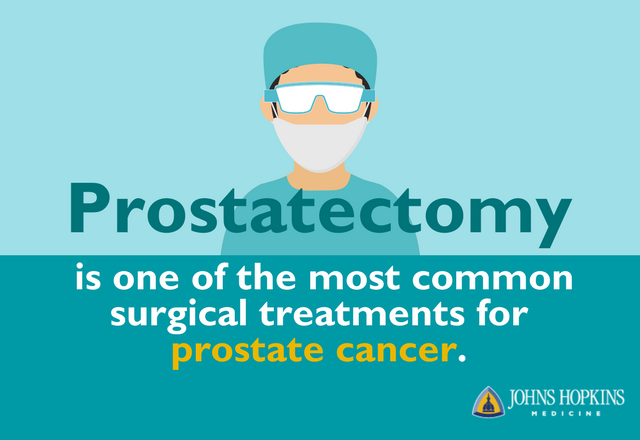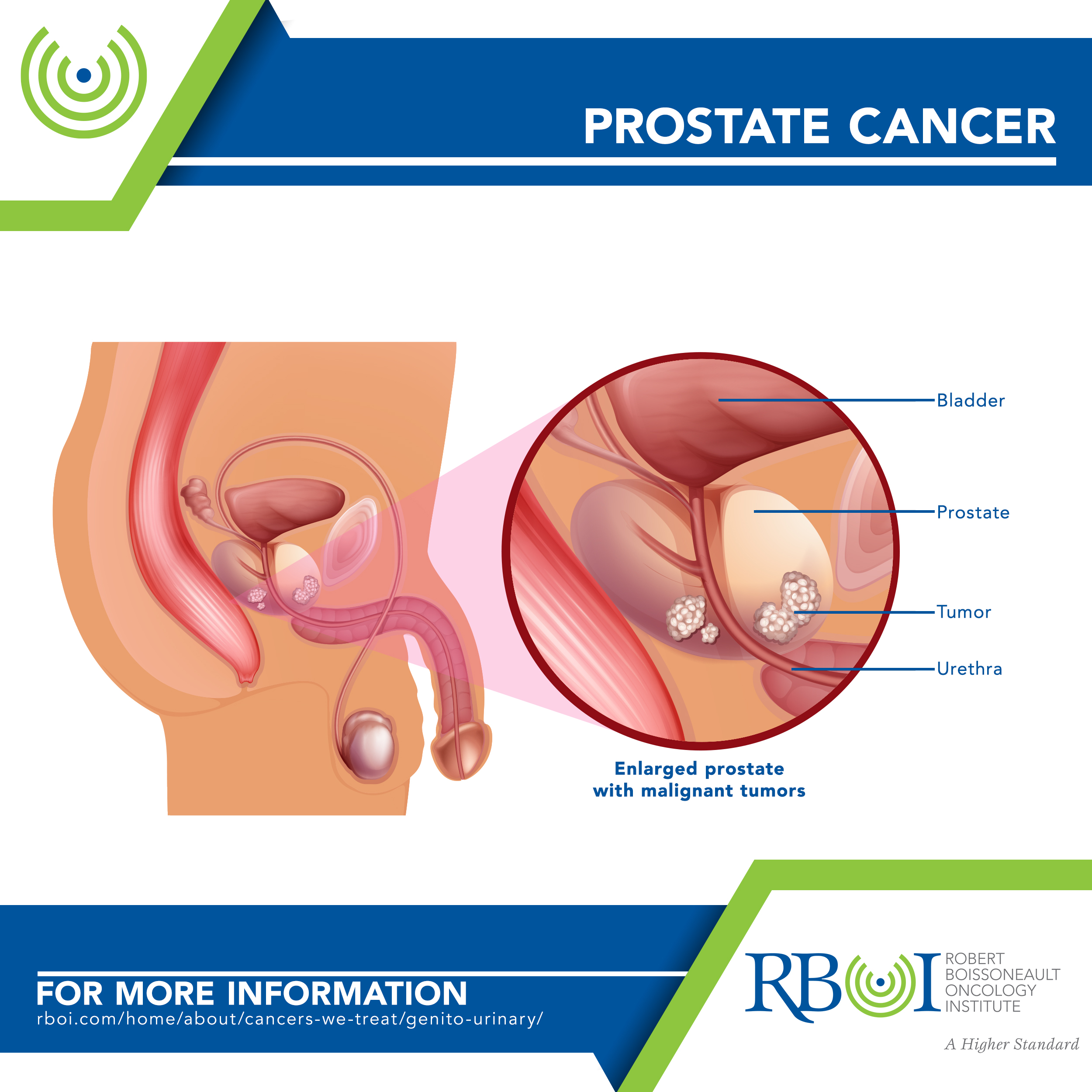The Of Best Prostate Cancer Doctor
The Of Best Prostate Cancer Doctor
Blog Article
Prostate Cancer Treatment: Surgical and Non-Surgical Approaches Explained
When faced with a prostate cancer diagnosis, the range of therapy options can appear frustrating. This comprehensive summary aims to shed light on the complexities of prostate cancer cells therapy, supplying understandings right into the details of each approach to encourage individuals in making educated selections concerning their wellness.
Surgical Therapy Options
When considering surgical treatment options for prostate cancer, clients and medical care companies commonly weigh the benefits and dangers linked with various treatments,. One typical surgical technique is extreme prostatectomy, which includes the removal of the whole prostate gland. This procedure is often advised for patients with localized prostate cancer and supplies the potential for a treatment. However, radical prostatectomy can result in adverse effects such as urinary system incontinence and erectile disorder.
An additional medical option is robotic-assisted laparoscopic prostatectomy, a minimally invasive procedure that makes use of a robot system to assist the specialist in eliminating the prostate. This strategy can lead to less blood loss, shorter hospital keeps, and faster healing times compared to conventional open surgical procedure. It likewise carries the risk of issues such as infection and injury to surrounding body organs.
Inevitably, the option of medical treatment for prostate cancer cells depends upon various aspects including the stage of the cancer, the client's general health and wellness, and their choices pertaining to prospective adverse effects and healing times. Consulting with a multidisciplinary group consisting of urologists, oncologists, and radiation oncologists can help individuals make informed decisions regarding the most ideal medical strategy for their individual situation.

Non-Surgical Therapy Alternatives
Considering options to surgical interventions, non-surgical treatment choices for prostate cancer cells deal people extra methods for taking care of the condition while minimizing possible surgical risks. One non-surgical method is Active Surveillance, where patients with low-risk prostate cancer cells are kept an eye on very closely with regular check-ups, blood tests, and biopsies, without going through immediate therapy. This approach intends to avoid unnecessary treatment and its connected negative effects, such as incontinence and erectile disorder.
Another non-surgical alternative is Radiation Treatment, which uses high-energy rays to kill cancer cells (best prostate surgeon in Mumbai). This therapy can be delivered externally utilizing a device (Exterior Beam Radiation) or internally with tiny radioactive pellets put near the lump (Brachytherapy) Radiation therapy can be utilized as a main treatment or in combination with other treatments, such as hormone therapy
Additionally, Hormonal Agent Therapy is a non-surgical technique that aims to decrease the degrees of male hormones (androgens) in the body, as these hormonal agents can fuel the growth of prostate cancer cells. By blocking or decreasing androgen levels, hormone treatment can reduce cancer development and relieve symptoms in advanced situations.
Robotic-Assisted Surgery for Prostate Cancer Cells

One of the essential advantages of robotic-assisted surgery for prostate cancer cells is its capacity to decrease the threat of complications and negative effects generally related to open surgical procedure, such as blood loss, pain, infection, and expanded recovery times. Patients going through robotic-assisted procedures usually experience much shorter healthcare facility remains, much less postoperative discomfort, and quicker go back to normal activities. Additionally, the minimally intrusive nature of robot surgical treatment normally leads to smaller incisions, bring about boosted aesthetic results and decreased scarring for clients. Generally, robotic-assisted surgery represents a cutting-edge method to prostate cancer therapy that incorporates technical innovations with medical knowledge to optimize patient results.
Radiation Therapy for Prostate Cancer
Using advanced radiation innovation, radiation therapy plays a vital function in the detailed therapy of prostate cancer cells. Radiation treatment uses high-energy radiation to damage cancer cells and diminish growths. It is a typical treatment option for prostate cancer, either as a primary therapy or in combination best prostate cancer doctor with surgical treatment, hormone treatment, or radiation treatment.
There are two primary kinds of radiation treatment used for prostate cancer: external light beam radiation therapy (EBRT) and brachytherapy. These seeds emit radiation that eliminates the cancer cells over time.
Radiation treatment for prostate cancer is highly reliable, with high remedy prices, particularly for localized cancer. It is likewise an important option for people who might not appropriate candidates for surgical treatment. Like any kind of treatment, radiation treatment may have negative effects, such as urinary problems, exhaustion, and skin irritability, yet these are workable and frequently temporary.
Hormone Treatment for Prostate Cancer Cells
Hormonal agent therapy is a generally made use of treatment approach for prostate cancer cells management. Prostate cancer is frequently sustained by the man hormone testosterone. Hormonal agent treatment, also referred to as androgen starvation treatment, aims to reduce testosterone levels in the body or obstruct the hormone's impacts on the prostate cancer cells, therefore reducing the disease's progression. This therapy is specifically efficient in sophisticated stages of prostate cancer, where surgery or radiation treatment might not be adequate.
There are various sorts of hormone treatment for prostate cancer cells, including medicines that lower testosterone degrees (such as luteinizing hormone-releasing hormone agonists and antagonists), or medications that obstruct testosterone from getting to cancer cells (like anti-androgens) Hormonal agent therapy can be utilized alone or in mix with various other therapies like radiation treatment, relying on the stage and aggression of the cancer cells.
While hormonal agent therapy can efficiently control prostate cancer cells development, it might come with side impacts such as warm flashes, loss of libido, impotence, and osteoporosis - best prostate cancer doctor. Regular tracking and conversations with healthcare carriers are essential to handle these adverse effects and make certain the treatment's efficiency
Conclusion
In verdict, the therapy options for prostate cancer include medical and non-surgical methods such as robotic-assisted surgical procedure, radiation treatment, and hormone treatment. Each approach has its very own benefits and risks, and the option of treatment depends on different elements such as the phase of cancer and overall wellness of the individual. It is vital for patients to talk about these choices with their healthcare service provider to figure out the most appropriate strategy for their specific circumstance.

Using advanced radiation innovation, radiation therapy plays an essential duty in the comprehensive treatment of prostate cancer. It is a typical therapy alternative for prostate cancer cells, either as a main treatment or in combination with surgery, hormone treatment, or chemotherapy.
Radiation therapy for prostate cancer cells is highly effective, with high cure rates, especially for local cancer cells.Hormone therapy is a commonly made use of therapy approach for prostate cancer monitoring.In conclusion, the therapy options for prostate cancer consist of surgical and non-surgical strategies such as robotic-assisted surgery, radiation therapy, and hormonal agent treatment.
Report this page